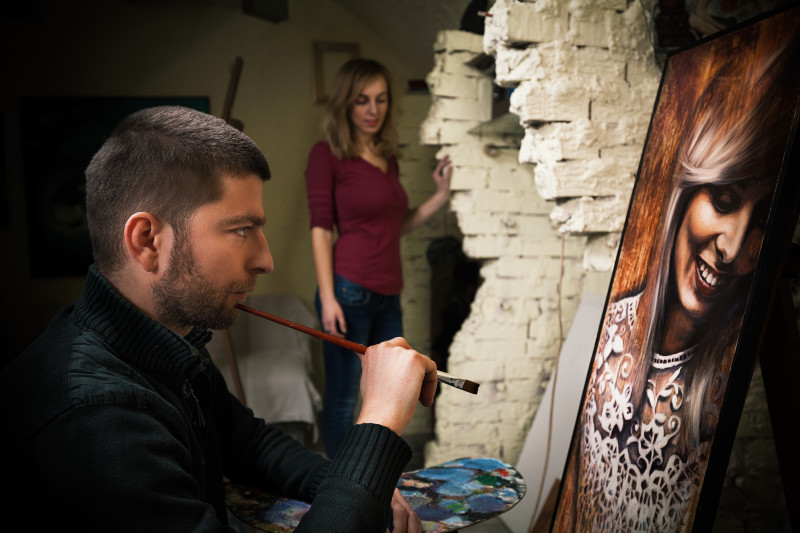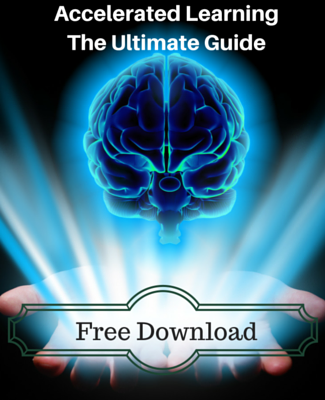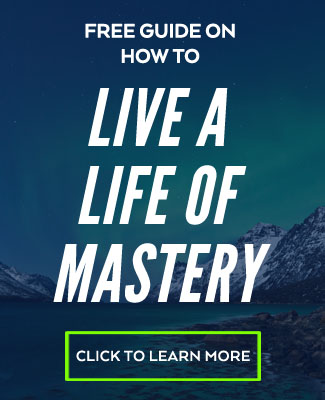7 Foundational Practices for a Life of Thriving Part 7: Create Something Everyday

IV. Exercise or Strength Training
V. Expand Knowledge and Awareness
VI. Develop Skills/Capabilities
VII. Create Something Everyday
Benefits:
- Expand Your Capacity to Think Creatively
- Increased Ability for Creative Problem Solving
- Increase Overall Productivity
- Reflect More Easily on Your Own Thoughts
- Increase Your Potential to Add Value at Home, Work, and in Your Community
- Refine Your Focus and Overall Capabilities
- Confront Resistance
- Improve your abilities to recreate yourself
Creativity is a secret golden x-factor for success. Though there is more to value than productivity, in the modern economic world success in any sort of social context requires creating value for others. If our lives fail to create value for other people, animals, or the environment, then we necessarily live in such a way that our existence is a burden on the world. Creativity is the basis for problem solving, outside-of-the-box thinking, and it is useful in every area of our lives.
We tend to think of creativity as if it is some sort of divine gift. Some people seem naturally creative, colorful, and vibrant, while the rest of us are left to suffer cardboard cutout lives, dull and grey. This is a fallacy. Some people may start out with a tendency towards art in the same way some people start out with a tendency towards math or English. But greatness is not given, it is forged. Michelangelo himself once said, “If people only knew how hard I worked to gain my mastery, they would not find it so special at all.”
Now I’m not saying everyone needs to run out, by a paint set and easel, and train to become the next Van Gogh. What I am saying is that creating anything, 500 words of writing, small drawings, maybe painting, playing music, expanding your culinary expertise, building models, wood working, mechanics, or any creative act at all, pushes the limits of our imagination. Imagination is the basis for overcoming obstacles. The more possibilities we can consider when we approach a difficult situation, whether a project at school or work or figuring out how to efficiently fit a workout and meditation routine into our schedule, the more easily we will create a life of flourishing.
The hardest part of any creative habit is just getting started and shutting out “the inner editor.” It’s the voice of resistance that pipes up every time we sit down to work. It tries to tell us that whatever we’re doing isn’t good enough or convince us to do something else instead. That inner editor is actually just the ego in disguise. That’s why a daily creative habit is so powerful in shaping the outcomes of our lives. It gives us the chance to confront our egos in a small battle that we can win. The prize for these regular victories is a strong mental discipline and an expanded ability to think about challenges in life creatively.
Further Resources:
- The War of Art by Steven Pressfield
- Do the Work by Seven Pressfield
- TGC: The Creative Thinker’s Toolkit
- Writing Habit Mastery by S. J. Scott – (The process applies to mastering any creative habit, not just writing)
*** Creativity Challenge ***
Choose a creative habit you find interesting. If there is nothing that jumps to mind after a quick brainstorm, try writing. A daily writing habit is one of the easiest entry points into creativity because we all use language regularly. Also, writing is thinking. We can sit down at a computer or with a notebook and just let thoughts pour out of our head. Getting words on paper makes it easier for us to reflect on what we think, feel, and what we actually know. As Albert Einstein once said, “if you can’t explain something simply, you don’t understand it.” When we write out our thoughts, we can more easily recognize if we really understand what we think we know.
Also, writing can be like a meditation with self-reflection. Over time, we recognize what themes seem to be most prevalent in our minds and what topics we find most interesting. This can ultimately help us to uncover something we might come to call our deeper purpose.
Conclusion
Overall, these habits give a student of mastery the opportunity to grow and develop every single day. They transform our regular schedule into the habit of developing precision. For more strategies on transforming daily life into opportunities of growth, try out “The Game” here. And share your experiences with us at PrecisionPrinciple.com. Congratulations for taking your growth and development seriously and I wish you the best of luck in your ongoing success.
Best Regards,
Jeremy Sutton
Comments are closed.


